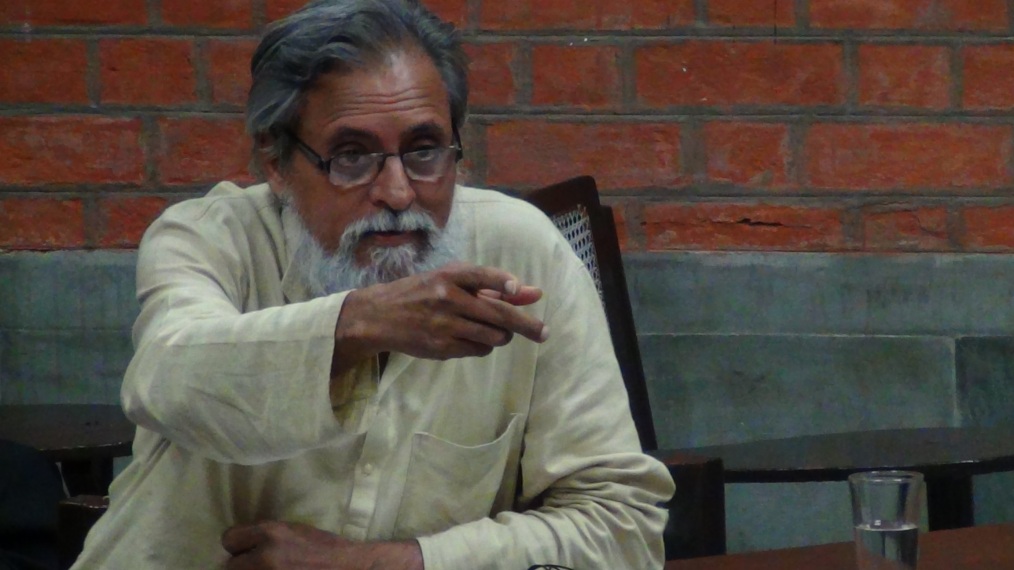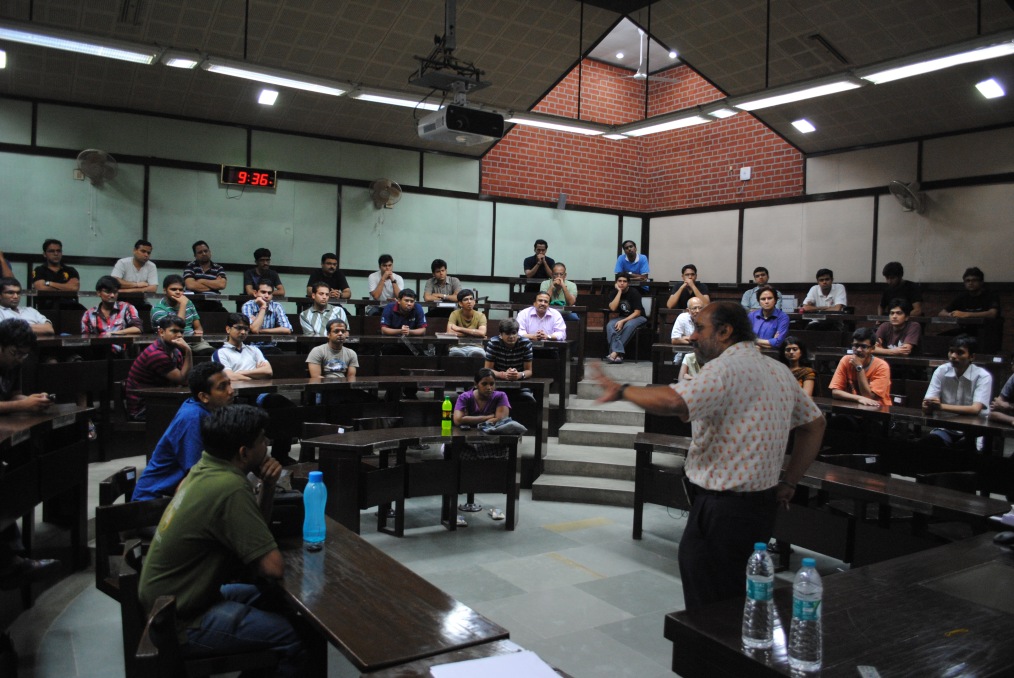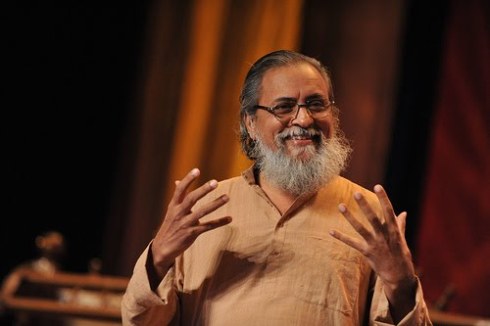In an event organized by the Entrepreneurship Club of Indian Institute of Management, Ahmedabad (IIMA), Dr. Sarah Cooper, the Director at Centre for Entrepreneurship Research at the University of Edinburgh came down to campus to deliver a talk on technology entrepreneurship. She was accompanied by Professor Rakesh Basant, Professor of Economics and Chairperson, Center for Innovation, Incubation and Entrepreneurship (CIIE) at IIM, Ahmedabad.
While delivering a talk at the CIIE, Dr Cooper brought some interesting research findings to light. She explained that the average age of the lead entrepreneur in the software domain is fairly young – lower than other all other areas that are witnessing entrepreneurial bustle. “Principal entrepreneurs in the software domain start as early as 24 years of age”, she quipped. “This drastically goes up to 40 in case of biotechnology”.
She also added, “a balanced team and strong industry connections – which are the essence of social and human capital play a key role in the startup phase”. Usually, magnet organizations – established talent hubs, help in forming a web of skilled credible workers and quality jobs. Magnet organizations also help in bringing the principal entrepreneur in contact with suitable team member. “It has been noted that even though the principal entrepreneur is younger, there need to be experienced members in the team to form the right mix.
“Cluster creation and growth are closely linked to entrepreneurship. Spin outs from such hubs provide the requisite knowledge base to start ups”, she added.
Her research indicates that the recessionary phase helps in bringing out the risk-taking ability of a knowledge worker to the forefront. This leads to more product innovations and subsequent boost in employment generation. The impetus for cluster development lies on the industry as well as the government.
In an exclusive interactive session with the students of IIMA, the entrepreneurial drive of the students was at the forefront as they posed compelling questions to Dr. Cooper. Technology – specifically in the software domain, seemed to be the running thread of the conversation.
The buzz around native app development ran high. However, Dr. Cooper cautioned technology-focused individuals to first develop a sound understanding of the customer needs and emphasised on the importance of feedback. She also laid stress on understanding the financial viability before undertaking projects in this domain. “A single app is not sufficient to spell success. You need to develop a range of products to realise profits”, she said.
She brought to light an interesting suggestion of collaborating with large firms by offering complementary products to ensure a continuity of sales.
She gave pointers on following a ‘service to product’ transition – initially selling software services to third parties, thereby gaining productive business insights and subsequently generating cash flows even before one goes out to launch their own products.
While discussing the activities of the university’s entrepreneur cell, she talked pooling of talent – collaboration between the tech students and the B-school students. She remarked, “A single set of knowledge base and skills is not sufficient to run a business efficiently”.
On being asked about the viability of a geographically distributed team, she mentioned that it poses both opportunities and challenges. In the initial phases of a start up, this poses a challenge. However, it stands at a litmus test of the commitment and work ethics of the team member. In the slightly mature phase, it acts as a boon for market penetration.
The student community at IIMA expressed interest in setting up social businesses. Dr. Cooper advised them to formulate a sound revenue model – as the principles of business are essentially governed by sustainability for all businesses. At instances where the target customers for a particular models is not well-off to pay, it becomes imperative to work on a unique model for revenue generation. This could mean creation of an alternate revenue stream altogether.
For those gravitating towards the non-profit route, she suggested that there needs to be a compelling story that urges the audience to donate.
The talk ended on a high note, with her expressing strong growth projections of the technology sector in India and motivating students at IIMA to gain a head start in the same.



